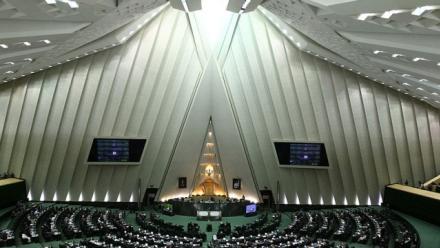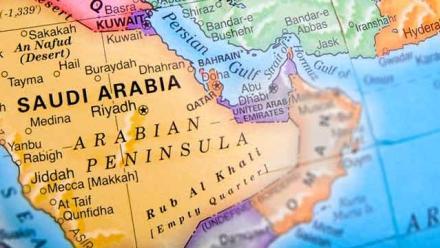
The CAIS Public Lecture Series features the research of staff, visiting fellows and research colleagues of the Centre. The series aims to present expert insight on both historical and contemporary issues pertaining to the Middle East, Central Asia and Islam covering a broad range of topics in current affairs, political science, international relations, history, sociology, languages and beyond. The CAIS Public Lectures are held regularly throughout the year. To be kept informed of the CAIS Public Lecture Series and other news or events at the Centre please email cais@anu.edu.au
Contact
Upcoming Events
CAIS Public Lecture Series | State Capitalism in the Arab Gulf Monarchies
Prof Matthew Gray, Professor in the School of International Liberal Studies at Waseda University
While scholars have understandably given emphasis to the role of oil and gas revenues in the political economy of the Arab Gulf monarchies — Bahrain…
CAIS Public Lecture Series | Regional Security Complex Theory and the Middle East
Prof Matthew Gray, Professor in the School of International Liberal Studies at Waseda University
This seminar will audit and discuss Barry Buzan and Ole Waever’s regional security complex theory (RSCT) as it relates to the Middle East. RSCT was…
Past Events
CAIS Public Lecture "Inside Iran: complex dynamics of Politics, Religion and Global Security"
Professor Mahjoob Zweiri (Director Gulf Studies. Qatar University), Dr Alam Saleh, Chair
This Pulbic Lecture focuses on Iran's political dynamics post 2009, just one year before the Arab Uprisings. It addresses Iran's return to more…
CAIS Public Lecture "Advanced Sultanism? The case of MBS and MBZ"
Professor Christopher M. Davidson
Muhammad bin Salman Al-Saud and Muhammad bin Zayed Al-Nahyan, the respective princely strongmen of Saudi Arabia and the UAE, have torn up the old…
Fraternal Enemies No More? Israel and the Gulf Monarchies: Beyond the Abraham Accords
Professor Clive Jones
Professor Clive Jones will offer a nuanced appraisal of Israel-Gulf monarchies relations as they have developed historically and where they stand…




